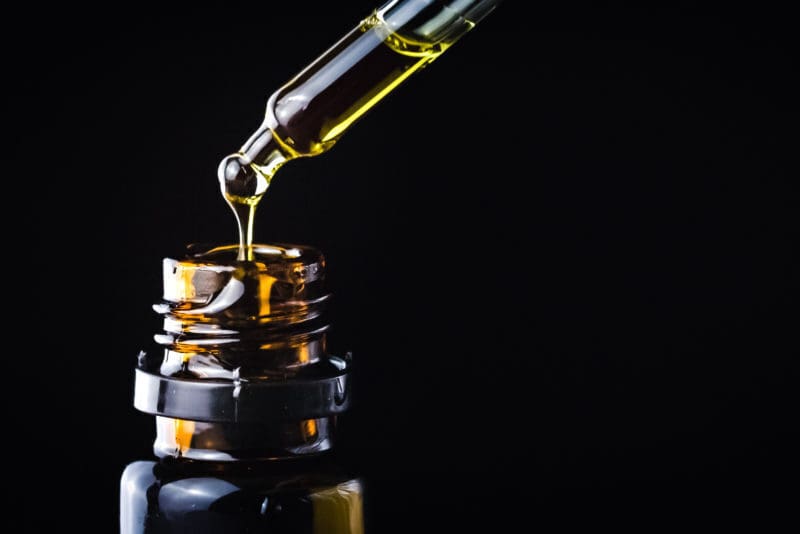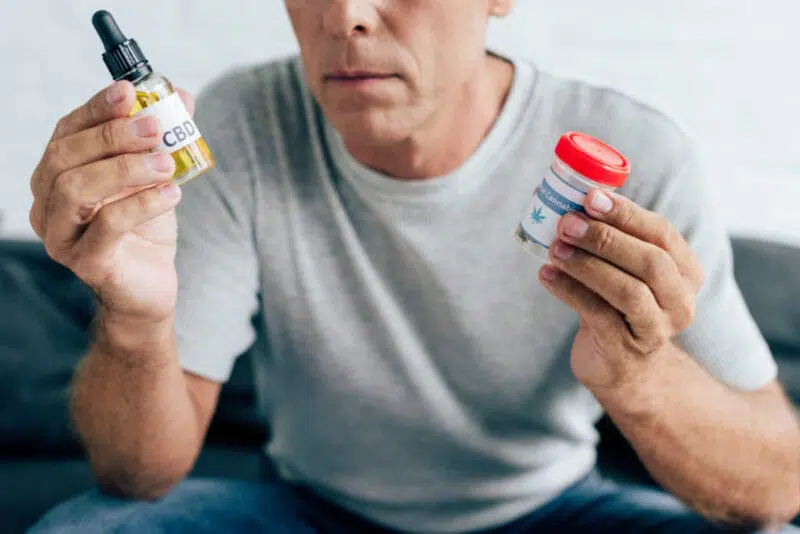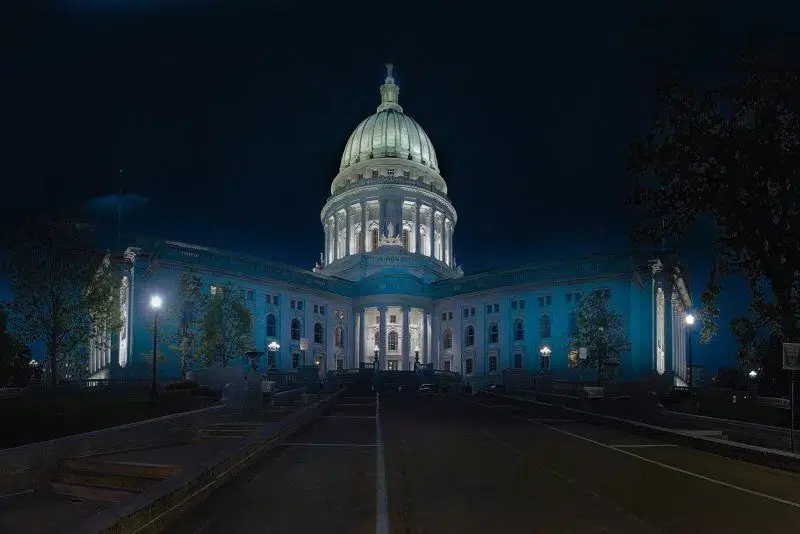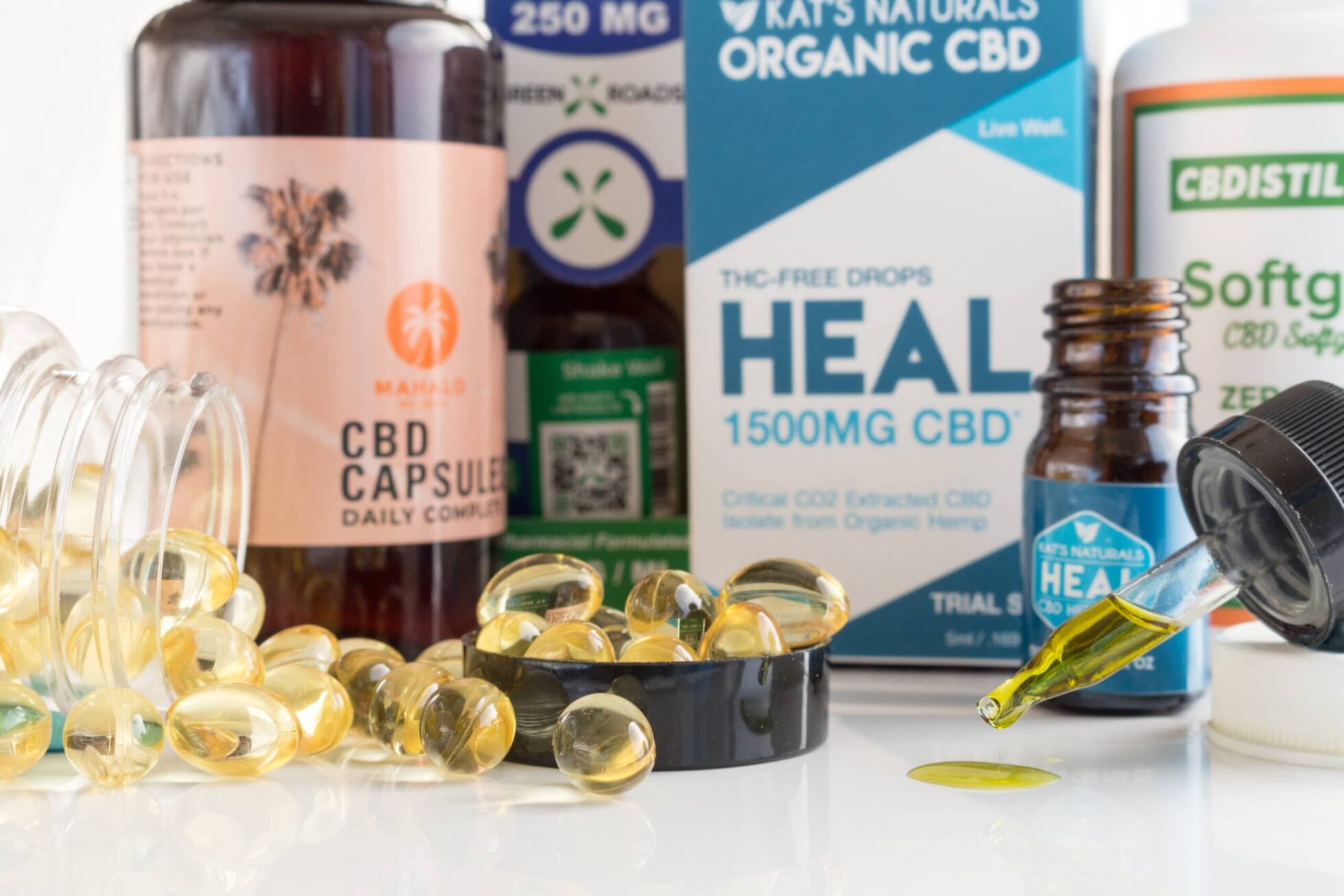-
- Market Research
- |
- CBD Near Me
- |
- Giveaways
- |
- Newsletter
- |
- Contact
- |
- Advertise
- |
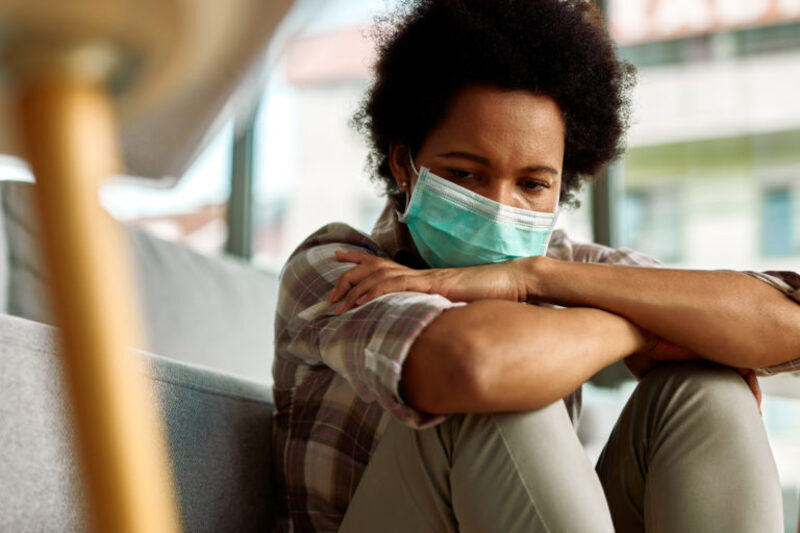
Table of Contents
Here’s the latest CBD news:
- The first-ever cannabinoid anxiety relief education study, or CARES, will see what effect CBD and cannabis can have for anxiety that has been aggravated by COVID-19.
- The FDA has issued new guidance to help speed up the approval process for CBD medicines.
- A Texas judge has lifted a ban on smokable hemp products after reviewing a challenge from state hemp producers.
Table of Contents
- First-Ever Cannabinoid Anxiety Relief Education Study Announced
- New FDA Guidance Streamlines CBD Medicine Approval Process
- Texas Judge Lifts Ban On Smokable Hemp Until 2021
First-Ever Cannabinoid Anxiety Relief Education Study Announced
The first-ever cannabinoid anxiety relief education study (CARES) is set to explore whether CBD and cannabis can help people with anxiety that has been aggravated by COVID-19.
The survey particularly aims to assess the role cannabinoids play in improving people’s quality of life by reducing anxiety and other conditions.
Wholistic Research and Education Foundation, a nonprofit dedicated to cannabis research, education, and advocacy, will sponsor the exploratory survey while the University of California, Irvine (UCI), and the UC Institute for Prediction Technology (UCIPT) will conduct the survey.
The study also intends to reach millions of CBD and cannabis users across the country to determine the role cannabinoids play in reducing anxiety and other comorbidities like depression and insomnia. CARES arrives as anxiety levels nationwide have gone up due to COVID-19, causing many state and local governments to deem cannabis businesses essential.
“We’re in the midst of a massive uncontrolled human experiment, with tens of millions of Americans turning to CBD and cannabis for anxiety relief,” said Pelin Thorogood, co-founder and president of Wholistic in a statement. “Given the lack of rigorous, controlled clinical trials on CBD or cannabis efficacy for these widespread conditions, it’s critical to collect real-world data (RWD) at scale, across diverse demographics, to learn directly from the experiences of actual users. C.A.R.E.S. will do just that, while also establishing the foundational groundwork that will inspire and guide others to follow suit.”
CARES will gather data on the types of CBD and cannabis products that are being used, the dose, frequency, timing, and delivery methods in addition to demographic, geographic, and other data like medication, dietary supplement, and alcohol usage.
“One of the unique elements of this nationwide study is the use of widely accepted indices to assess the severity of anxiety and insomnia levels for each of the participants in correlation to their stated cannabinoid use,” said Dr. Sean Young, executive director of the UCIPT and the principal investigator for the study. “The large and diverse participant population will enable us to analyze differences in CBD and cannabis use patterns in relation to anxiety levels, demographics, prescription medication and supplement usage to assess how each of these factors may impact perceived health benefits for various segments.”
Those interested in the study can check the registration link for eligibility requirements.
New FDA Guidance Streamlines CBD Medicine Approval Process
This week, the FDA solicited public feedback on new guidance for researchers seeking to submit abbreviated new drug applications (ANDAs) for CBD medications. The new guidelines intend to streamline approvals for generic oral CBD medications.
The move comes two years after Epidiolex became the first, and to date, only FDA-approved CBD medication. Now, if applicants meet certain requirements, they can request a waiver of an in vivo bioequivalence study to expedite the approval process.
Those requirements include:
- The drug must be derived from Cannabis sativa L
- Contain no more than 0.1 percent THC
- Have “no inactive ingredient or other change in formulation from the [reference listed drug] that may significantly affect systemic availability.”
Researchers also must use “appropriate analytical methods” to ensure the solution comes from cannabis sativa.
The public comment period on the new draft guidance lasts until November 23.
Texas Judge Lifts Ban On Smokable Hemp Until 2021
A Texas judge has issued a stay on a ban on smokable hemp products.
Four of the state’s hemp producers sued the state last month because of the ban, which explicitly outlawed the production of hemp products that were intended for smoking or vaporization. The ban was then extended to the sale and distribution of products made outside of Texas, which the group contends was unconstitutional.
Travis County Judge Lora Livingston granted a temporary injunction that voids the production, distribution, and sale ban until the trial concludes. The trial is set to begin in February.
“So far, the rulings relating to this lawsuit are very encouraging,” said Heather Fazio, director of Texans for Responsible Marijuana Policy. “Advocates in Texas have remained vigilant, with both legislative engagement and regulatory oversight. Now, Texas businesses are challenging our state’s poorly designed policies in the courts. And they’re winning!”
The challengers argue that the initial ban on production as well as the additional ban on distribution and sale violate the state’s constitution protections on economic freedom. They also cited logistical problems and potential hurt to the state’s economy if the state’s hemp producers are unable to compete with out-of-state producers.
“The law does not ban the use or consumption of smokable hemp products. As such, Texas consumers will simply buy smokable products made out-of-state,” says the lawsuit. “If Texas had banned the processing and manufacture of cheese in Texas, Texans wouldn’t stop eating cheese.”


